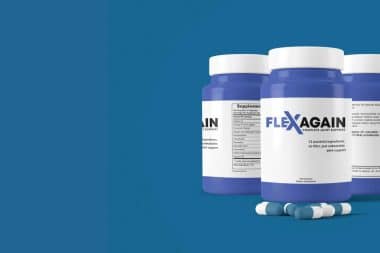No doubt you already know that exercise is good for you. It reduces your risk of developing heart disease, high blood pressure, diabetes and many types of cancer, helps you maintain a healthy body weight and helps maintain your muscle mass and bone strength as you get older.
Not be overlooked, however, is the impact of exercise on your mental health. Exercise can ease anxiety, relieve depression, reduce stress, improve sleep and boost mood. Here’s a closer look at how you can use exercise to boost not only your physical health but your mental well-being, as well.
Easing Anxiety
According to the Anxiety and Depression Association of America, anxiety disorders represent the most common mental illness in the U.S. More than – yet about three in five do not seek treatment.
Research has proven that even short bursts of exercise can reduce anxiety. When you exercise, you increase blood flow throughout your body and elevate your heart rate in response to the physical demands on your body. When your heart rate drops post-exercise, it can trigger a feeling of relaxation.
Working out also can give you a mental break from intrusive or distressing thoughts. Focus on what you’re doing – whether you’re slowing your breathing during yoga or concentrating on good form while lifting weights – and you may reap even more anxiety-reducing benefits from an exercise break.
Beating the Blues
Depression is another common mental health issue that millions of adults struggle with – including the almost 15 million people each year who experience a major depressive episode. Yet, for mild or moderate depression.
Fatigue is a common symptom of depression and, as a result, it can be difficult to force yourself out the door. But even small doses of movement – such as a walk around the block or climbing the stairs for a few minutes in your office building – will increase blood flow throughout your body, including your brain. This makes you feel more alert and energized, both while you’re moving and afterwards.
Encouraging Better Sleep
Quality sleep, and enough of it, is essential not only for a healthy immune system, but for optimal energy levels and a positive mental outlook, as well. When you don’t sleep enough or the quality of your sleep is poor, you’re much more likely to suffer from anxiety and depression. According to the National Sleep Foundation, . And the more often you wake at night, the more likely you are to develop depression.
Getting more exercise is a proven way to improve your sleep. When you are more active, you’re likely to sleep for a longer period of time and also to get deeper sleep, which is essential for feeling well rested the next day as well as for overall health.
Making It Easier to Manage Stress
Stress affects everyone at some point and can produce a variety of physical effects, including everything from muscle tension to headaches to digestive upset to insomnia. It also can leave you feeling anxious, irritable, fatigued, blue or simply out of sorts. Making time to exercise can have a profound effect on how stressed you feel.
Exercise, especially aerobic activity that uses your large muscle groups, helps relieve muscle tightness and promotes better sleep as you just learned. Its mood-lifting benefits can help dispel irritability and sadness. Done regularly, exercise also makes you less reactive to stressful events, which helps you maintain a more positive outlook overall.
The Bottom Line: Move More for a Healthier Body and Mind
The biggest takeaway on the impact of fitness on mental health? Even modest amounts of activity can make a significant difference in how you feel. Look for ways to build five- to 10-minute movement breaks into your day and you’ll boost your mental and physical health.
Author bio: Dan Borucki is an ISSA Certified Fitness Coach and Personal Trainer at Reclaim Fitness. He is committed to providing a level of service that is focused on the individual, whatever his or her needs and goals may be. Borucki strives to encourage, support and challenge his clients to feel stronger, healthier and more confident.







Reply